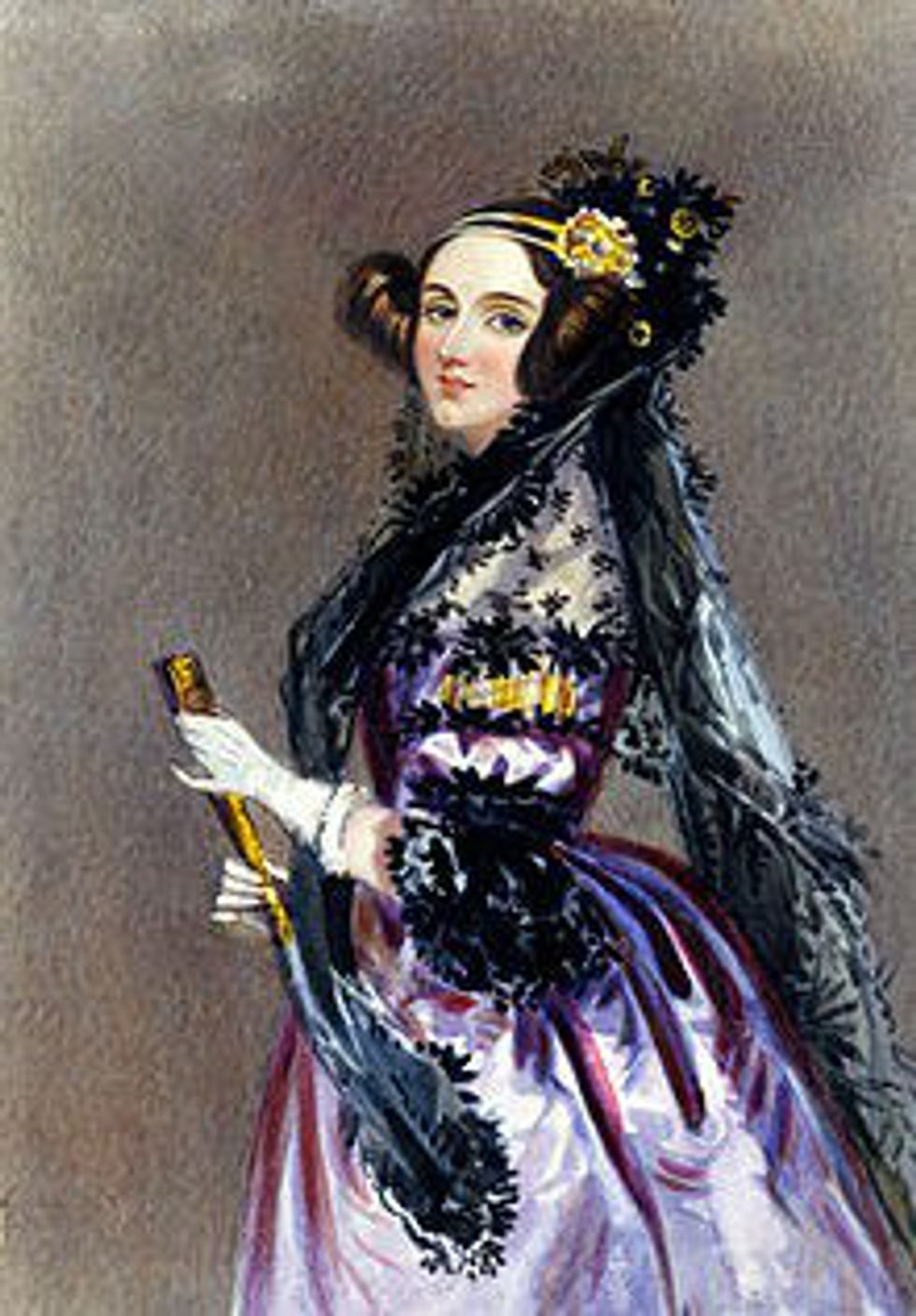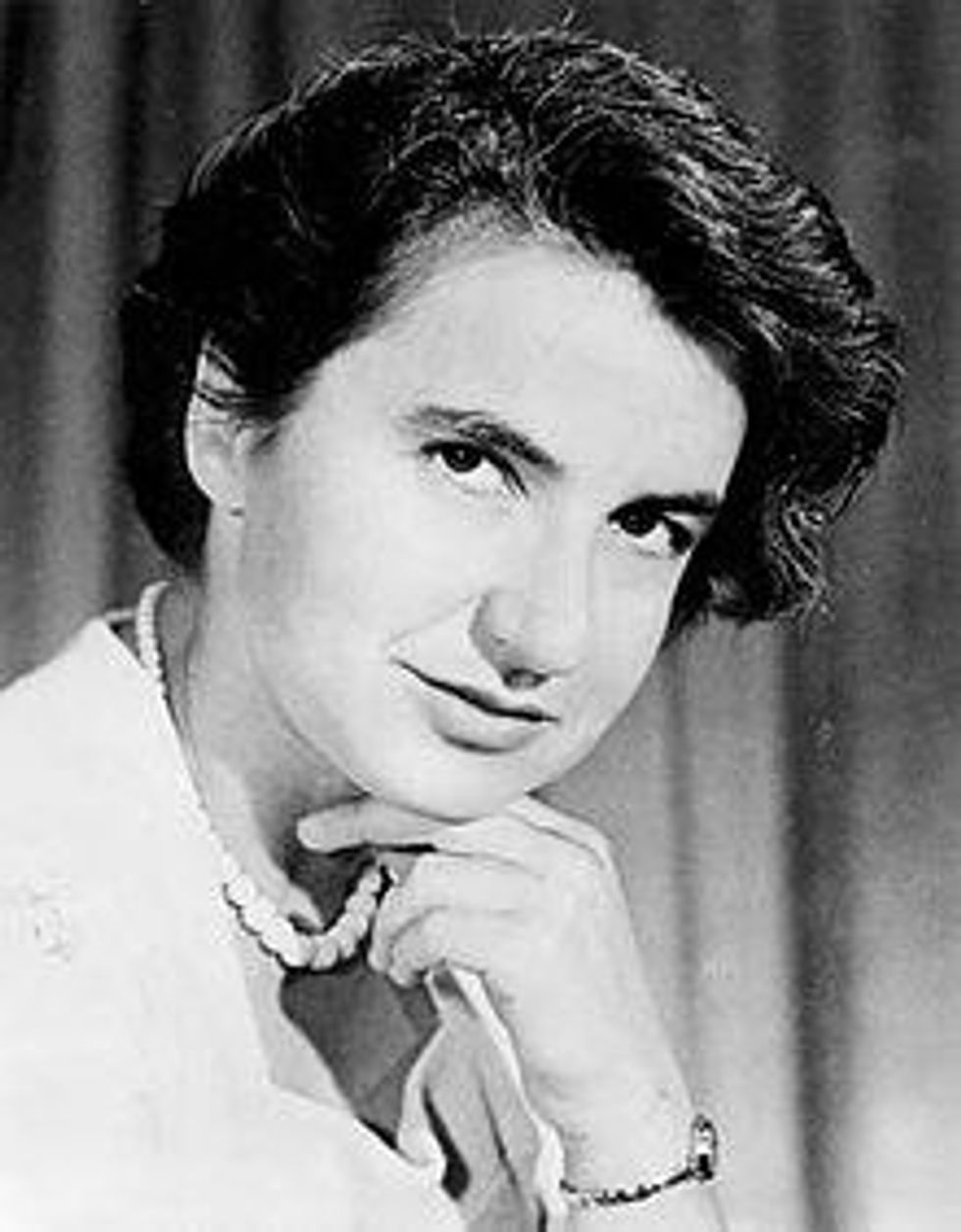Milo Yiannopoulos, a controversial conservative journalist, recently wrote a piece for Breitbart entitled "Here’s Why There Ought to Be a Cap on Women Studying Science and Maths," and claimed that girls do not want to grow up to be "nerds" because science isn't "sexy," and often give up when the textbooks are too big and the classes are too hard.
He later goes on to say that too many jobs are given to women in science and other STEM fields, which hurts a man's chances of becoming successful in the field. His reasoning follows along the lines of the expense to train a doctor, and how it is not worth it to train a woman in this field because they have "something along the lines of a third of the career of a man in medicine." Further, should women be allowed to study STEM, labs should be segregated by gender so that women are not in the same environment as the "hyper-competitive boys."
If caps put in place to exclude women from the STEM field, we will be missing out on who could be some of the most influential scientists of our time. Should these kinds of caps had been set in place in the past, here's a look at the women and the contributions we would have missed out on:
Rosalind Franklin
Franklin discovered the double-helix structure of DNA that Watson and Crick used to complete their own research after she transferred from King's College and had to leave her research behind.
Augusta Ada King-Noel, Countess of Lovelace

A mathematician and writer, Ada Lovelace wrote the first algorithm to be carried out by a machine. She is considered to be the first computer programmer.
Margaret Burbridge
By signing forms in her husband's name, Margaret Burbridge did her research in secret and formulated the explanation of how elements are formed by nuclear reactions inside stars.
These women, along with countless others, paved the way for men and women alike to build upon scientific research and expand society's knowledge of the world around them. If these women were unable to practice in the STEM fields, it is uncertain what the present and future would hold. Their contributions are truly priceless, and perhaps serve as the best reason for women to go into the science. The legacies of these women deserve to be upheld.
So, to answer your claim, Milo, yes, I agree that there should be a cap on women in science—a cap, and a gown.























